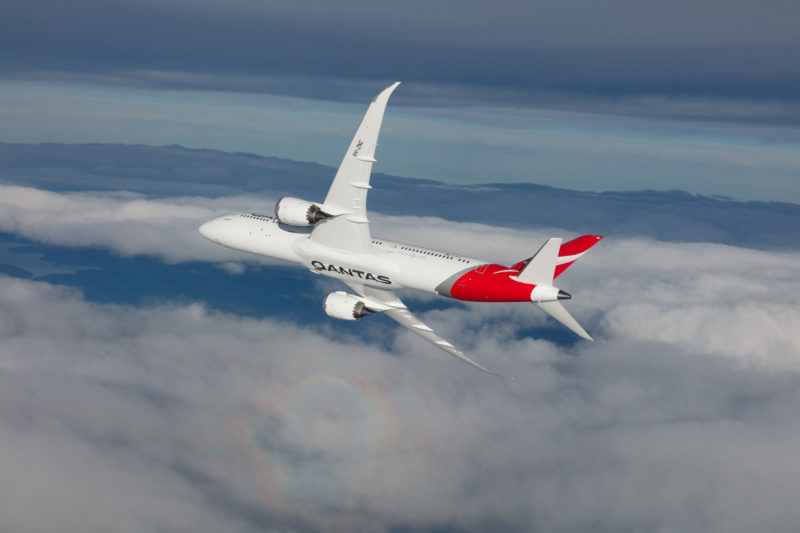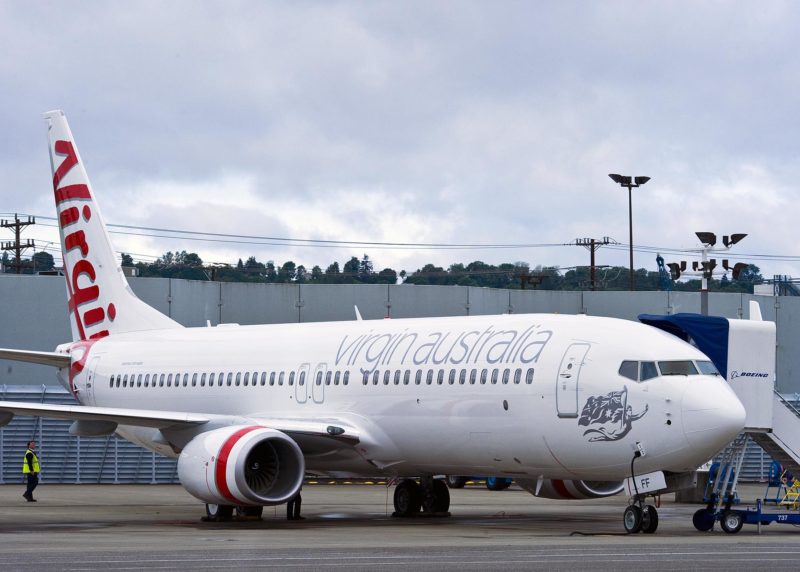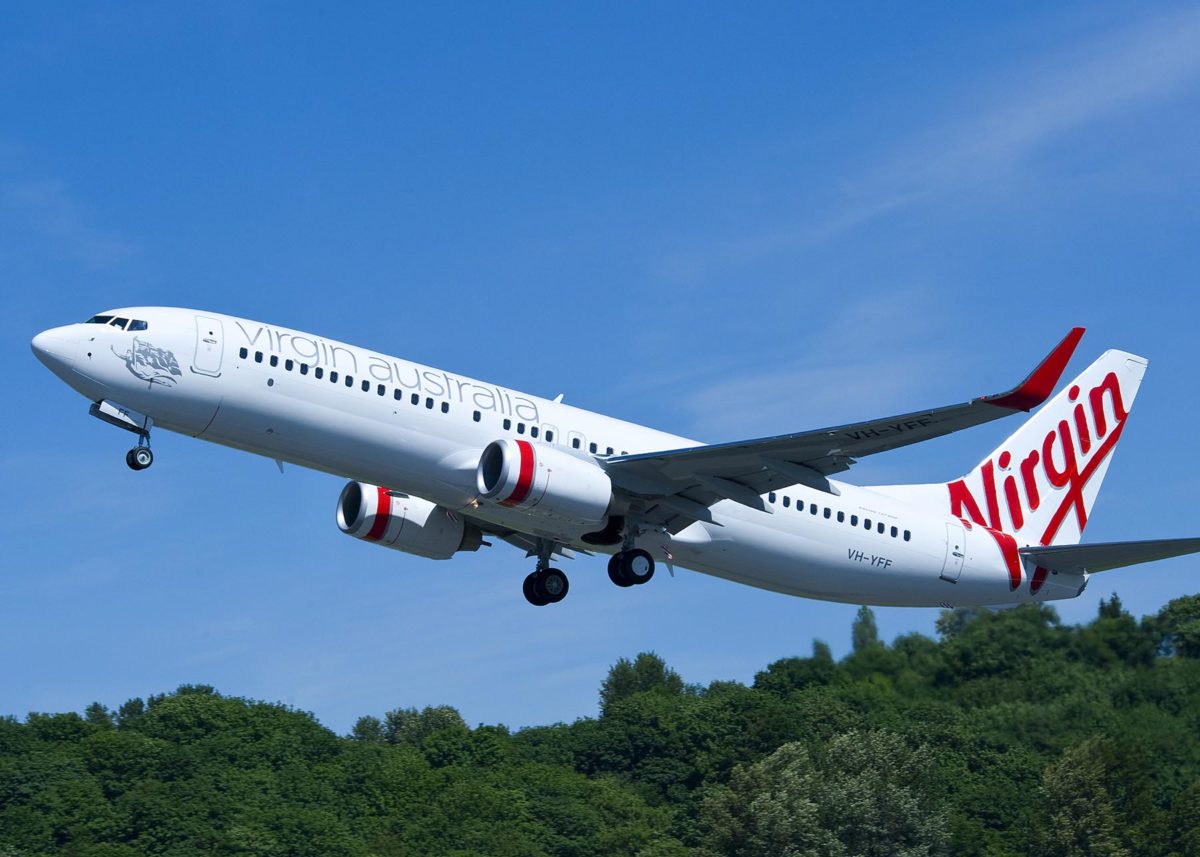The Australian Government is showing no major concerns about Virgin Australia’s position in the wake of the global COVID-19 pandemic, instead seeing the potential collapse of the airline as an opportunity to facilitate the start of an all-new domestic carrier to challenge Qantas.
According to an Australian Financial Review (AFR) article published by Phillip Coorey, the Australian Government would prefer the carrier survive the crisis, however it remains firm that it has no intention to provide the $1.4 billion loan requested to ease financial pressure, as it does not want to be burdened with an equity stake in an airline that has been financially unsound for multiple years in a row.
Another contributing factor to the decision is likely just the fairness principal, where the government would rather not provide cash to a single business, which would result in increased upset from Qantas and Regional Express.
It was only earlier in the week that Qantas boss, Alan Joyce, asked why the government should bail out an airline in the midst of the COVID-19 crisis, when it was already “badly managed”. To even the playing field, Joyce has insisted his airline receive $4.2 billion if Virgin Australia’s wish is granted.

Senior government sources told the AFR that Australia must have two strong mainline airlines operating once the COVID-19 situation is over, however it ads that it does not necessarily mean Virgin Australia will be one of them.
“Do we want two strong airlines at the end of this? Yes, we do. But support cannot be specific for one business. It must be systemic.”
Source in contact with the Australian Financial Review
On Virgin Australia’s side, the airline is rapidly running out of cash; with analysts suggesting the airline has about three months left before it empties its reserves.
In an Australian Broadcasting Corporation (ABC) report published on the 3rd of April 2020, Virgin Australia chief executive, Paul Scurrah, said a new airline entering the Australian market is unlikely; this situation would leave Qantas with a monopoly. For international and domestic passengers, this would result in hikes in ticket prices.
Instead, Scurrah argues that the $1.4 billion would not be a handout, but a repayable loan, and that the airline had been working on terms to make it viable for everyone.
Critics see the story differently though, as Virgin Australia is mostly owned by foreign entities including Etihad Airways, Singapore Airlines, HNA Group, Nanshan Group and Virgin Group.

American credit rating agency, Fitch, has since downgraded the airlines rating to a B-, giving the airline until September 2020 before it runs out of cash and has to cease operations.
Virgin Australia already has debt it is working to pay off, but the crisis isn’t helping. The airline has had to ground aircraft and has seen a drastic drop in passengers, just like all airlines around the world. Like Qantas, the airline has had to temporarily stand down some of its workers.
The deputy prime minister and minister for Infrastructure, Transport and Regional Development, Michael McCormack, has said the airline will not be receiving $1.4 billion, as $1 billion has already been provided to the Australian aviation industry. McCormack suggested to the airline that it raises capital from existing shareholders.
If Virgin Australia were to collapse, it would only be a small portion of the amount of airlines expected to collapse around the world. Some aviation experts predict only around 20 to 30 airlines will remain at the end of the COVID-19 crisis, as reported in an ABC article, however they will mostly be national airlines.
The survival of the worlds airlines, including troubled Virgin Australia, will ultimately depend on what support is offered, if any at all. In these times where an uncontrollable virus causes mass chaos around the world, should airlines be granted with support packages? Even if they’ve been financially struggling for multiple years before COVID-19 started.
Editors Note
Living in Australia and dealing with our aviation product offering is a tricky and expensive task. With prices already high, the thought of losing Virgin Australia hurts; not only for personal travel, but for those who need the choice, low prices and different routes for reasons such as work, family and leisure.
Although I live in Wagga Wagga, in regional New South Wales where Virgin Australia doesn’t operate, I know that the already extreme prices for a 50 minute flight to Sydney or Melbourne will increase if Qantas earns a monopoly.
Unfortunately I do not think another airline will be formed for another few years after COVID-19 clears, paving the way for difficult times amongst travellers.


